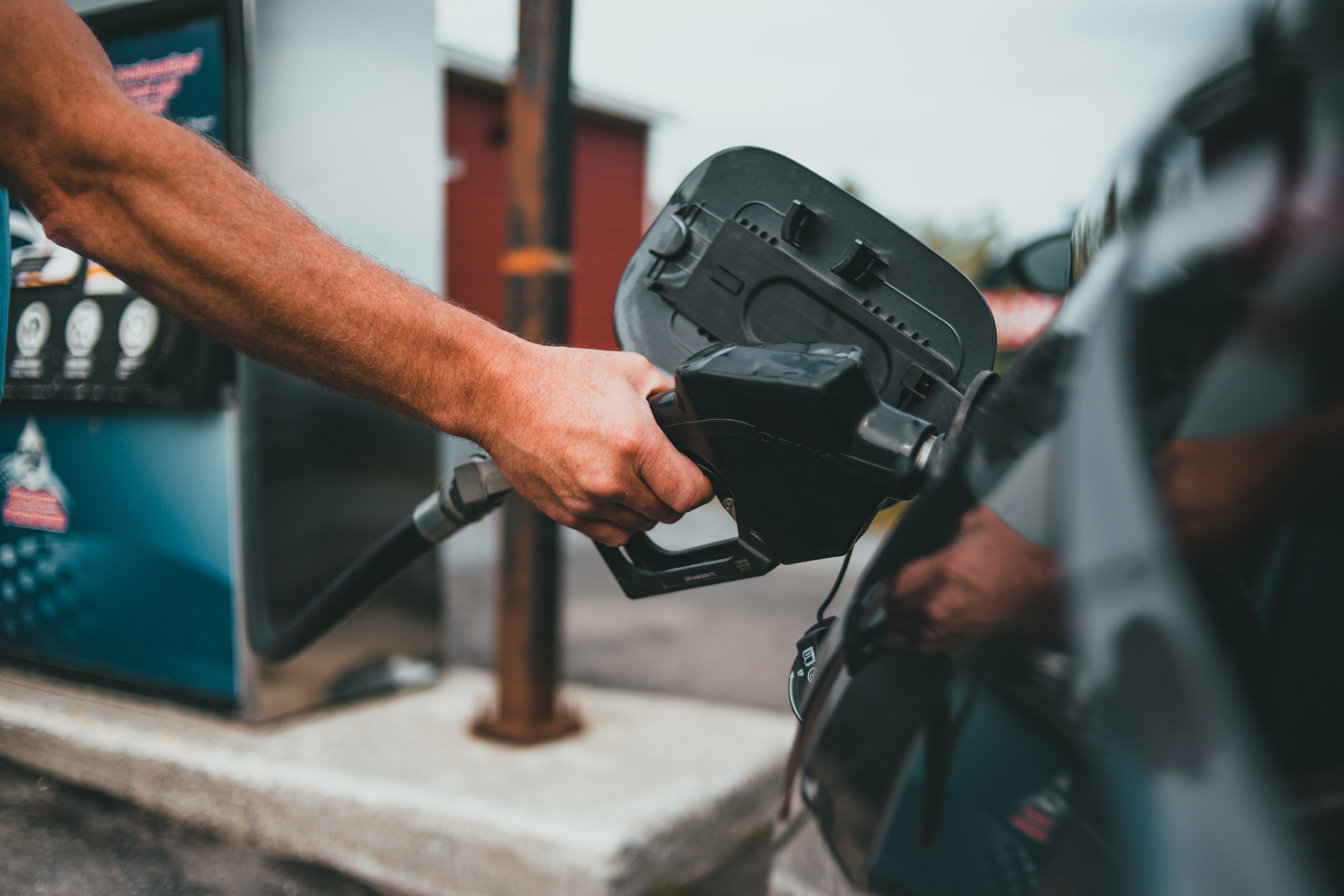Additionally, reduced emissions from improved fuel economy benefit the environment. Fortunately, getting more miles out of your usual fill-up doesn't need you to go to a lot of trouble.

Gas prices are high, that much is obvious. As petrol prices hit record highs earlier this year, increasing your car's gas economy might result in big gas-station savings for you. Additionally, reduced emissions from improved fuel economy benefit the environment. Fortunately, getting more miles out of your usual fill-up doesn't need you to go to a lot of trouble. This article will introduce you to a few suggestions that could help you get a better gas economy if you're prepared to save money.
Your car has to work harder to overcome the increased rolling friction when tires are inflated below the appropriate level. This causes your car's gas mileage to substantially drop, and your tires to deteriorate more quickly. Maintaining properly inflated tires can increase your gas mileage by up to 3%, according to the US Department of Energy. Most tires should be inflated to a pressure between 32 and 35 psi. The owner's handbook should always be double-checked to determine the suggested requirements for your particular model, though. Furthermore, we advise you to keep a tire pressure tester with you at all times in your car so you can always be sure your tires are at their finest. The gasoline in your automobile may be quickly wasted by speeding, accelerating abruptly, and braking suddenly. Your car is put under a lot of stress by these driving habits as it struggles to keep up with the continual stop-and-go, especially at high speeds. One research found that aggressive driving can result in a 10 to 40% reduction in gas mileage, costing between $0.25 and $1 per gallon. If you can, utilize cruise control when traveling a long distance at a higher speed, as on a highway. Maintain a consistent speed (within the speed limit) for a comparable result if your automobile doesn't have cruise control.
Eliminating pointless idling is one of the simplest methods to maximize your fuel efficiency. Contrary to common misconception, restarting your engine does not result in higher fuel consumption than leaving it running. You get 0 miles per gallon when you leave your automobile running for a lengthy period of time without moving. awaiting the arrival of someone? long queue at the drive-thru? If you intend to wait for more than 10 seconds in instances like these, think about killing the engine to save petrol. Your car's fuel economy will be impacted by how hard it has to work to accelerate as weight increases. To improve your mileage, think about clearing out your trunk and getting rid of any superfluous goods. Keep roadside necessities like an emergency kit and simple repair tools, nevertheless. Have a roof bike rack or baggage box? If so, they could be increasing the amount of wind resistance, which would reduce your fuel economy. Rear-mounted cargo boxes are the best option if you require extra room because they have little impact on your car's performance.
The only way tires may impact your gas mileage is through tire pressure. For instance, if your tires are not properly aligned, they will drag rather than roll effortlessly. Not only will this result in tire wear, but when your automobile tries to fight the drag, fuel consumption may rise by as much as 10%. Not certain whether your tires require alignment? Go to your neighborhood auto shop, spend around $3 on a tread depth tester, and gauge the tread depth on the edges of each tire. Your car has to be adjusted if one side is more worn than the other.